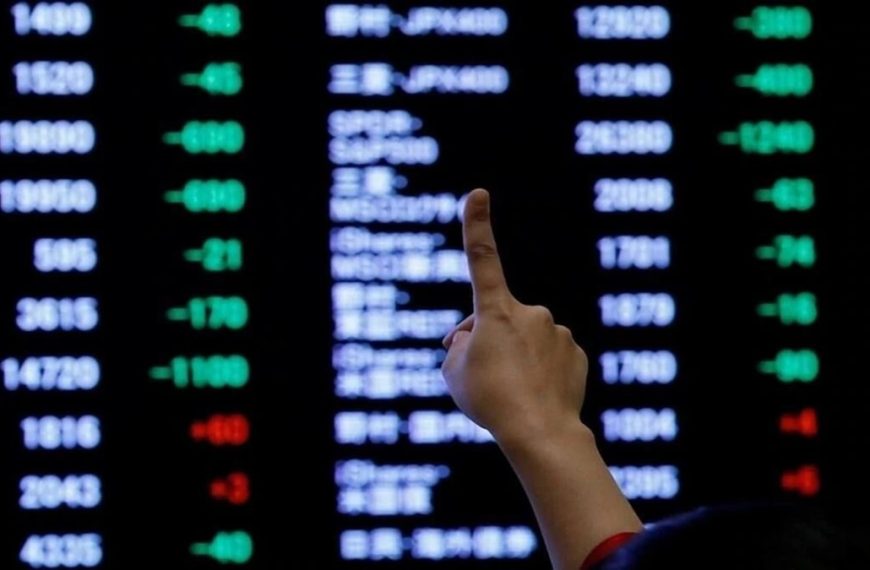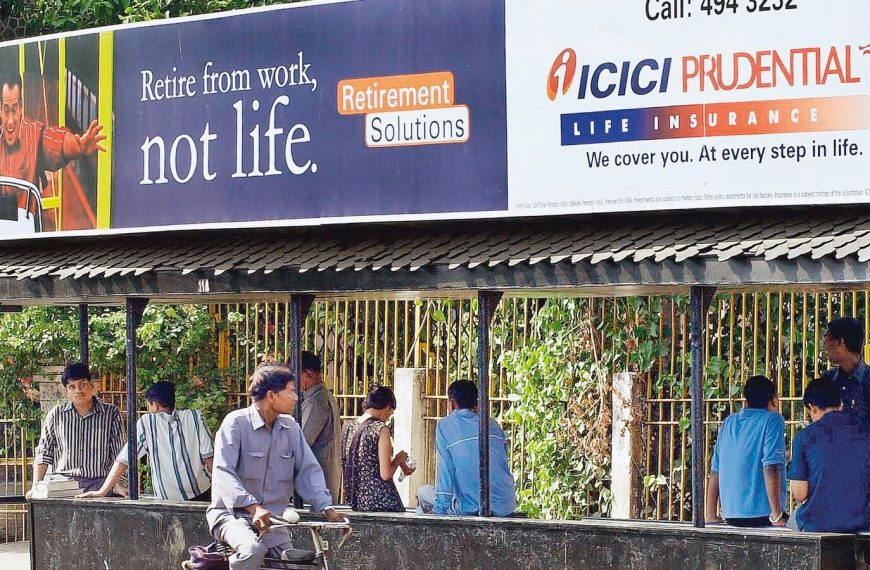The recent interview sheds light on the potential consequences of Trump’s tariffs on the Indian equity market and the broader economic landscape. While immediate volatility is expected, experts believe that the Indian economy remains resilient. With steady macroeconomic improvements and inflation rates comfortably below the Reserve Bank of India’s (RBI) target, the outlook for fiscal and current account deficits appears stable. However, long-term uncertainties surrounding the tariffs could pose threats to global growth and capital flows.
Short-Term Volatility and Long-Term Outlook
The imposition of tariffs by the U.S. has led to short-term fluctuations in the market. Despite this, the Indian equity landscape is holding strong. The economy has shown consistent growth following the lows of Q2 FY25, and inflation remains manageable. Key factors contributing to this stability include:
- Improving macroeconomic indicators
- Stable inflation rates below RBI’s comfort zone
- Soft crude oil prices
While the market currently exhibits resilience, prolonged tariff uncertainties could open up new risks, potentially leading to a bear market scenario.
Impacted Sectors and Earnings Projections
Certain sectors are likely to feel the brunt of the tariffs. Industries such as pharmaceuticals, automobiles, chemicals, industrials, and gems/jewelry may face challenges as they navigate U.S. distribution chains. However, due to inelastic demand in some areas, like pharma generics, Indian exporters may find themselves in a favorable competitive position against nations facing steeper tariffs.
- Sectors at risk due to tariffs include:
- Pharmaceuticals
- Automobiles
- Chemicals
- Industrials
- Gems/Jewelry
Despite the pressures from tariffs, the overall impact on earnings is expected to be minimal. The more significant effects will likely arise from secondary impacts on global trade and growth, making precise predictions challenging.
Finding Safety in a Volatile Market
In the face of market corrections, there are still opportunities for investors. Safety can be found in domestic sectors, especially when considering the valuation of companies affected by tariffs. Emphasizing businesses with strong fundamentals is crucial, as these companies are better equipped to weather economic uncertainties. Investors should prioritize quality as their first line of defense in turbulent times.
Fund Allocation Strategies Amid Trade Tensions
As volatility continues, fund managers are adopting a bottom-up approach to identify promising investment opportunities, without leaning heavily toward specific sectors. There hasn’t been a significant sector-wide reallocation due to ongoing trade tensions, indicating a strategic focus on individual company strengths rather than broad market shifts.
Large-Cap Stocks: A Smart Investment Choice
Large-cap stocks present a compelling investment opportunity this fiscal year. Their valuations are currently below historical averages, making them an attractive option. Predictions suggest mid-double-digit earnings growth over the next two years, although this could change based on the duration and intensity of the ongoing trade conflicts.
For those underweighted in large caps, now may be the right time to adjust allocations. Conversely, long-term investors should ensure a balanced representation across all market segments to mitigate risks.
Awareness of Additional Risks
Investors should remain vigilant regarding the strength of earnings growth in the upcoming quarters. Any significant downturn could lead to further market derating. While Indian macros are robust, inappropriate policy decisions could introduce additional risks. The corporate outlook and management’s ability to navigate tariff uncertainties will be crucial in shaping market sentiment moving forward.
In summary, as Trump’s tariffs continue to unfold, the Indian equity market must adapt to the shifting landscape. A focus on quality investments and strategic fund allocation will be vital for navigating this uncertain terrain.











